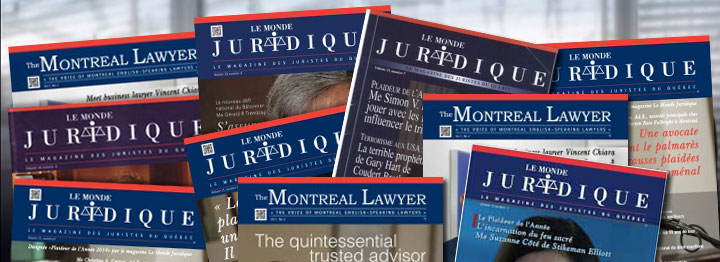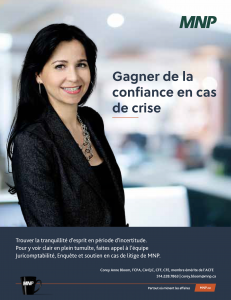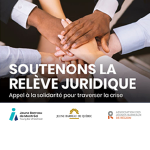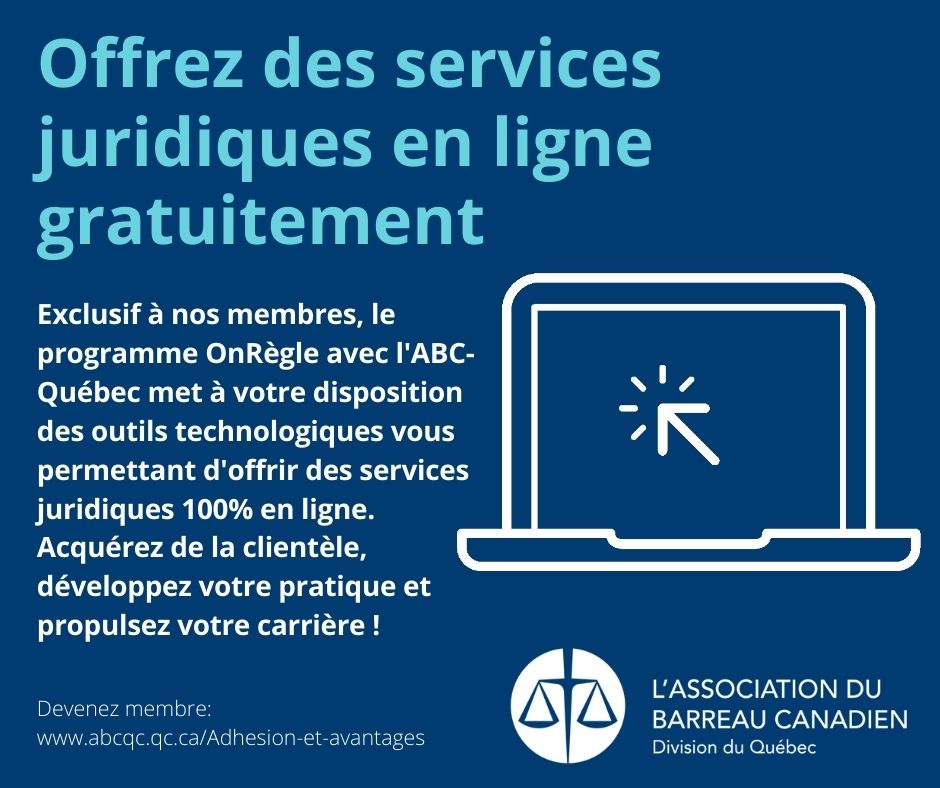Detained in Dubai 2019

The risks posed by the United Arab Emirates, once only a problem for visitors and expats, have spread over the past year to endanger even people outside the country. 2019 has seen an intensification of the UAE’s Interpol abuse and the extra-jurisdictional application of the country’s vague and invasive Cybercrime laws. Meanwhile, the routine occurrence of false accusations, forced confessions, and wrongful detentions have continued at pace.
Notable cases during 2019, designated by Dubai as the “Year of Tolerance”, include that of British national Robert Urwin, detained in Ukraine over a bounced cheque in the UAE. The cheque, a blatant forgery written months after Urwin left the Emirates, resulted in a Red Notice against the elderly man and months spent fighting deportation. Detained in Dubai successfully appealed against the Interpol listing and coordinated the campaign that eventually led to Urwin’s safe return home.
“The Urwin family suffered needlessly the entire year,” Detained in Dubai CEO and Interpol Abuse expert Radha Stirling says, “The UAE did not properly investigate the case, and Interpol accepted the Red Notice request without scrutiny. Robert was stuck for months in Ukraine even after the Notice was deleted, because the UAE continued to seek his extradition at the behest of HSBC. The habitual misuse of the Interpol system has not abated over the past year, but rather has accelerated to a point that legislatures around the world are beginning to doubt the efficacy and integrity of the agency itself.”
In the Spring of 2019, the case of Laleh Shahravesh highlighted the threat posed by UAE Cybercrime laws to social media users across the globe. The divorced single mother had posted a derisive comment on Facebook in the UK, only to find herself under arrest upon entering the UAE to attend her ex-husband’s funeral. “Laleh’s case showed that the UAE believes the jurisdiction of its Cybercrime laws extend to anyone, anywhere for their online activity,” Stirling commented. “If someone in the UAE is offended by something you have said online, regardless of where you are, you can potentially be subjected to a criminal complaint, which could lead to a conviction in absentia and even an extradition request.”
Another case which dominated coverage of UAE Cybercrime laws in 2019 was that of American Traci Nichole Coffel who was convicted over WhatsApp messages to her employer requesting unpaid wages. Coffel had been injured on the job by her employer’s horse, and gone without her salary for months. In her messages she had admonished her Emirati boss, telling her that it was “haram” to refuse to pay what she owed; using the Arabic religious term for “forbidden”. Her employer, a prominent UAE jockey, deliberately mistranslated the word when complaining to police, saying that Coffel had referred to her as a “harami”, an Arabic term for “bastard” or “thief”. “Despite the increasing frequency of these cases,” Stirling said, “People still do not understand that even private messages can be deemed violations of UAE Cybercrime statutes, and that mere accusations are often all it takes for you to be convicted. Westerners often do not realise that there are no protections in the Emirates for free speech”
This point was demonstrated in February when British citizen Ali Issa Ahmad was arrested in Sharjah for wearing a jersey for the Qatar national football club. The young man had attended an Asian Cup match between Qatar and Iraq, but was stopped and questioned by police who demanded he hand over the Qatar shirt. When he wore a different Qatar team shirt the following day, he was accosted by the same police. Ahmad was forced into the back of a police vehicle, where he was beaten and had the shirt ripped off of him by a knife, resulting in several cuts on his chest and arms in the process. “It was a horrendous case,” Stirling recalled. “Ali was injured and terrified; abused and jailed all because of wearing a team jersey. The UAE’s ongoing spat with Qatar has imposed even further restrictions on speech in the Emirates, with any positive expressions relating to Qatar being criminalised.”
Stirling said that Detained in Dubai has dealt with numerous other Cybercrime and criminalised speech cases in the UAE, albeit without involving the media. “We have situations presented to us on a monthly basis of expats being charged with frivolous offences. Because it is so easy in the UAE to accuse without evidence and get a conviction by default, many locals use criminal complaints to extort foreigners; offering to drop the charges in exchange for money. As often as possible, we try to mediate these conflicts and resolve them without escalating the issue. We have successfully handled dozens of such cases over the past year.”
The danger of false accusations in the UAE was dramatically highlighted in 2019 by two nearly identical cases; those of Artur Ligeska and Andrew Neal. Ligeska, a Polish national was arrested on charges of drug dealing based solely on the testimony of a single accuser. No drugs were found in his possession nor in his bloodstream, however, and it ultimately emerged that he was the victim of a vindictive plot by a spurned Emirati admirer. Fortunately, efforts by Detained in Dubai and intervention by the Polish government resulted in Ligeska’s release, after first being convicted with a life sentence.
Andy Neal was also arrested without evidence, and charged with drug dealing based on the testimony of a police informant (later recanted). The British ex-serviceman, who suffers from PTSD, suffered wrongful detention and severe psychological trauma as police and prosecutors tried to coerce a confession from him for months, despite having positive proof of his innocence. “Andy was arrested near the end of 2018, and was not cleared of the charges until November this year,” Stirling said. “Throughout his incarceration, well after police knew the case was bogus, the authorities continuously tried to intimidate, threaten, and trick Andy into making a false confession. Without his steadfast insistence, the support of his family, and our coordinated campaign to spotlight his ordeal and enlist the intervention of the FCO, Andy would very likely be facing a life sentence for a crime he did not commit”
Canadian whistleblower Andre Gauthier knows about being wrongfully accused of crimes he had nothing to do with; in fact, he has been enduring half a decade in the UAE trying to clear his name of a crime he himself exposed. The native of Quebec helped to found Gold AE, at the time the UAE’s biggest gold investment company with clientele from across the globe. A few years into the enterprise, Gauthier, who was not employed with the firm, began to suspect financial improprieties, and informed the company’s director. As soon as a meeting was fixed to investigate the accounts, the entire executive management of Gold AE fled the country. It was later found that investors had been defrauded of millions of dollars, and Gauthier was appointed to oversee the recovery of the losses. In an apparent attempt to shift blame, the former head of Gold AE incited investors to file criminal complaints against Gauthier for the fraud. Exhausted and desperate after years fighting the false charges, at the beginning of 2019, Andre Gauthier tried to escape the UAE. He was caught in Oman and deported back to Dubai.
“This is when we became involved,” said Stirling. “We immediately opened a dialogue with the Canadian government on Andre’s behalf, which led to high level discussions between the two countries. Andre has been exonerated in two expert reports, and was cleared of the charges in 11 cases on appeal; but due to a gross failure of the administrative system in the UAE courts, the appeals on 62 other cases were not registered. This is an ongoing matter; obviously the innocent verdict in the appeals should be applied to all outstanding cases, as they are identical. We are continuing to push the Canadian government to keep up their proactive involvement, and we are confident that Andre will be freed soon.
“Andre’s case, along with so many others, emphasizes the need for Western countries to re-evaluate their relationship with the UAE, and indeed, the broader Gulf. Qatar is marketing itself, much as Dubai did over the past decade, as a hub for investment and tourism, yet much of the same systemic legal problems exist there. The judiciaries are not independent, rules of evidence are severely below international standards, intimidation and torture are well documented, and civil disputes are treated as criminal matters, often resulting in cruel and unusually harsh sentences. These countries are increasingly using Interpol as a way to expand their de facto jurisdictions to trespass into Europe, the UK, America and other Western nations. Treatment of our citizens in the Gulf is deplorable, and our governments need to address this”
Stirling notes that the current divorce and child custody proceedings in the UK between Dubai Ruler Sheikh Mohammed bin Rashid Al Maktoum and his estranged wife, Jordanian Princess Haya bint Hussain, have brought the relationship between Britain and the UAE into the spotlight. “We will see an English court deciding the very personal dispute between two of the highest level figures in the Emirates.” She said UAE issues need to be redressed with greater frequency in Western jurisdictions, as victims of legal abuse in the Gulf have no recourse through the local courts. “A case has been launched against Habib Al Mulla and he has been fired as CEO of DIAC” Stirling cited, “Further commercial litigations are pending for tortious activity in the UAE. It is good to see precedent setting acceptance of the UK as a jurisdiction for resolving UAE related wrongs; we hope to see this trend develop in 2020.”












